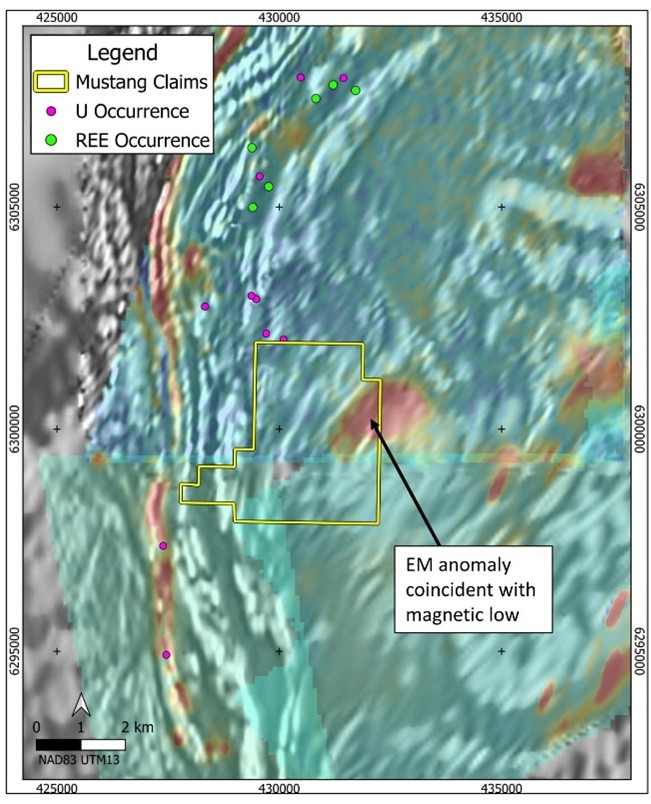On April 17, SK Telecom (SKT) announced that it has successfully demonstrated next-generation virtual base station technology in a commercial environment, collaborating with global network equipment manufacturers Samsung Electronics, Ericsson, and Nokia. This demonstration is significant as it comprehensively verifies the performance of the next-generation base station, which enhances service quality, processing capacity, and energy efficiency compared to existing virtual base stations, within real indoor and outdoor commercial networks. SKT is the first South Korean telecommunications company to create a case by testing the next-generation virtual base stations from all three manufacturers in both indoor and outdoor environments.
The virtual base station operates on a structure where software can run on generic servers rather than relying on specific hardware, allowing for implementation regardless of the manufacturer. This is considered a key technology for integrating AI into base stations, known as 'Network AI.' Unlike traditional hardware-software combinations specific to manufacturers, it offers high openness and flexibility.

During the demonstration, SKT improved the efficiency of the virtual base station by enhancing the data processing accelerator structure and implementing technologies to reduce power consumption. They successfully integrated Samsung's next-generation base station and HFR's wireless devices based on an open front-haul structure adhering to the O-RAN standards, validating its performance in an indoor office environment. Based on this demonstration, SKT plans to strengthen global collaboration for implementing Network AI.
The company is particularly focused on research into designing 'AI Base Stations (AI-RAN)' that can implement both AI and communication services, as well as developing various chipset-based equipment (including GPUs) and virtualization resource allocation technologies. Previously, at MWC25 (Mobile World Congress 2025), SKT gained attention by announcing benchmark results for GPU-based virtual base stations and orchestration technology that enables AI services without degrading communication performance. Additionally, during the 'O-RAN Global Plugfest 2024' held last year, SK Telecom co-developed and presented various forms of virtual base stations with Ericsson, Nokia, and others, and led the development of open RAN technology by publishing a technical white paper in collaboration with Japan's NTT Docomo.
"This demonstration validates core technologies for the evolution of next-generation network infrastructure in a real environment," said Ryu Tak-ki, Head of SKT's Infrastructure Technology Division. "We will continue to lead in future networks and the implementation of Network AI through collaboration with global partners.".
Technology

SKT Successfully Demonstrates Next-Generation Virtual Base Station in Commercial Network, Setting Foundation for Network AI

On April 17, SK Telecom (SKT) announced that it has successfully demonstrated next-generation virtual base station technology in a commercial environment, collaborating with global network equipment manufacturers Samsung Electronics, Ericsson, and Nokia.This demonstration is significant as it compre















